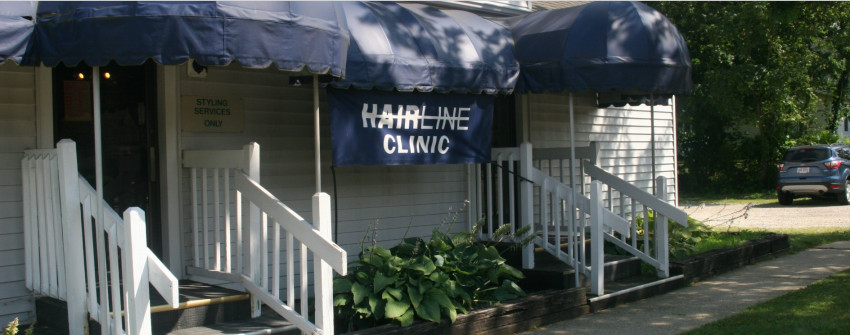
Hair loss affects 35 million men and 21 million women around the world. Although it is most common in older people, it can strike as early as the teenage years, shocking teenagers with thinning hairlines as early as 18, causing them to seek out the latest and greatest hair loss treatments.
Although hair loss is common, it is no less painful for the individuals who are harmed by it. Hair loss can be a personal blow, and not everyone simply wants to shave it all off, or even can. Women especially have this problem, as a shaved head is not considered a feminine look.
Hair loss can cause Body Dysmorphic Disorder (BDD), poor self-image, anxiety and depression. Many women link their hair with their sense of beauty, and find their self-esteem evaporating along with their hairline.
Yet hair loss is seldom looked at as an emotional issue. Doctors may look for health reasons behind the problem, or recommend a vitamin supplement, but rarely do they offer emotional support for this somewhat traumatic experience. Non-medical hair loss clinics do better at offering compassion along with solutions.
If you're watching clump after clump of hair appear in the drain every time you shower, removing it from your brush, and watching your hairline recede, here are a few ways to cope.
- Recognize how you feel
It's very common to ignore how hair loss makes us feel, but take a moment and identify the specific emotions going through you. Are you anxious about how much hair you have lost? Does it make you struggle with body positivity?
By identifying the problems and naming them, you can look for solutions.
- Take action
See your doctor specifically for your hair loss. It may be that the problem is being caused by a thyroid condition or a lack in vitamins, and reversing your hair loss is as simple as a new medication. If this is the case, not only will your problem be solved, but you'll also be healthier since you found out the health problem.
If there is nothing physically wrong, consider consulting a hair loss clinic. Hair loss clinics may be able to make recommendations to stop or reverse your hair loss, helping you cope with the emotional side.
- Exercise
Feeling bad about your appearance is a major part of the emotional side of hair loss. Leading professionals recommend doing other things to help improve your self image when you're feeling bad about your hair.
Good ways to make you feel better include exercising and dressing nicely. You'll feel better about yourself when you improve your appearance, or do something constructive and healthy for your body, which may reduce the emotional aspect of hair loss.
- Contact a hair loss clinic for help
Hair loss can strike real and painful emotional blows. It's important to recognize this, and also take steps to do something about it. Contacting a hair loss clinic is the first step in addressing the issue, and even just picking up the phone can make you feel better about yourself and your body.
Hair loss can be shocking and uncomfortable for those who go through it, but there are ways to cope. If you feel uncomfortable with your receding hair, get help. Talk to your doctor. Talk to your hair specialists. Get out there and do something healthy for your body. It's important to love the skin you’re in, and these options can all help you cope in this very emotional time.
For more information or for complimentary consultation, contact the hair loss specialists at Hairline Clinic today. We have two convenient locations in Independence and Akron, Ohio.




